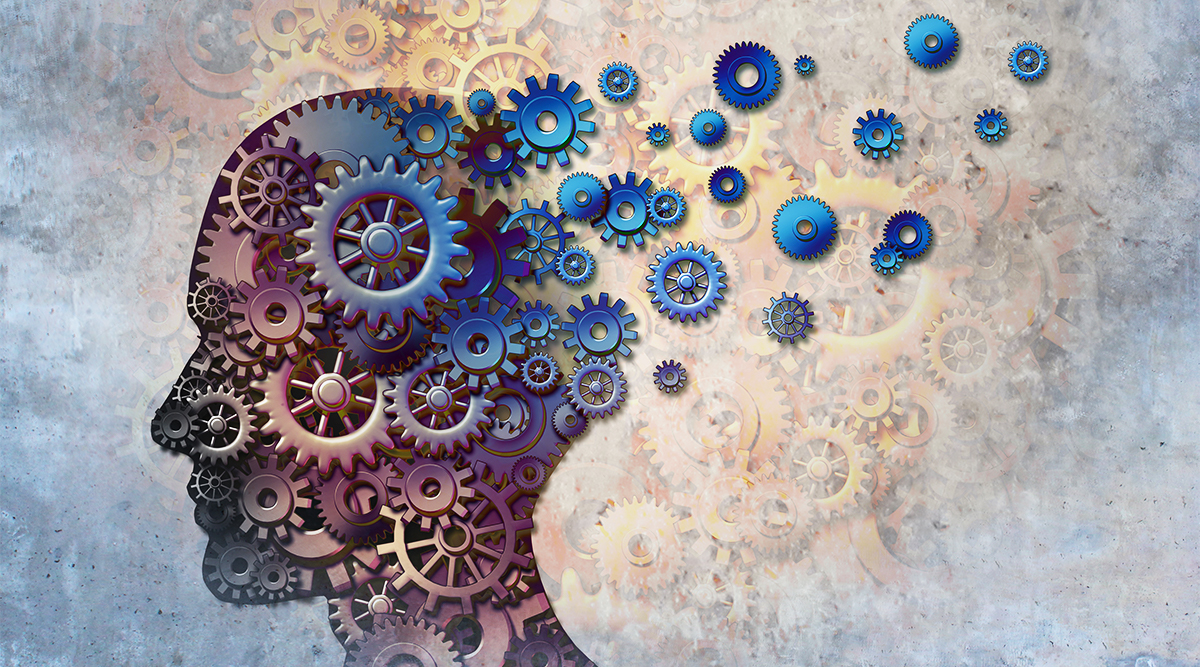The study tested declarative (non-verbal recognition) memory in 704 older adults (58-98 years of age). Declarative memory refers to a person’s ability to remember events, facts and words, such as where you put your keys or the name of that new neighbor. In this research study Georgetown University Medical Center researchers found that a person’s memory performance became progressively worse with aging. Participants were shown drawings of objects, and then were tested several minutes later on their memory of these objects. Memory performance became progressively worse with aging. Education was seen to counter these memory losses. In men, the memory gains associated with each year of education were two times larger than the losses experienced during each year of aging. However, in women, the gains were five times larger. For example, the declarative memory abilities of an 80-year-old woman with a bachelor’s degree would be as good as those of a 60-year-old woman with a high school education.
So, four extra years of education make up for the memory losses from 20 years of aging.
“Simply said, learning begets learning,” says the study’s senior investigator, Michael Ullman, PhD, a professor in Georgetown’s Department of Neuroscience and Director of the Brain and Language Lab. Ullman’s research on the relationship between language, memory and the brain has been a cornerstone in the fields of language and cognitive neuroscience. “Education has also been found to delay the onset of Alzheimer’s disease,” Ullman says. “We believe that our findings may shed light on why this occurs.”
It is important to note that the study was conducted tested individuals in a non-Western (Taiwanese) population. Participants varied in the number of years of education, from none at all to graduate studies. Future research is needed to test whether the findings generalize to other populations, Ullman says.
Read More on this topic
- Early-life Education Improves Memory in Old Age — Especially for Women
- Reifegerste et al. Aging, Neuropsychology, and Cognition Published online: 05 Jun 2020
